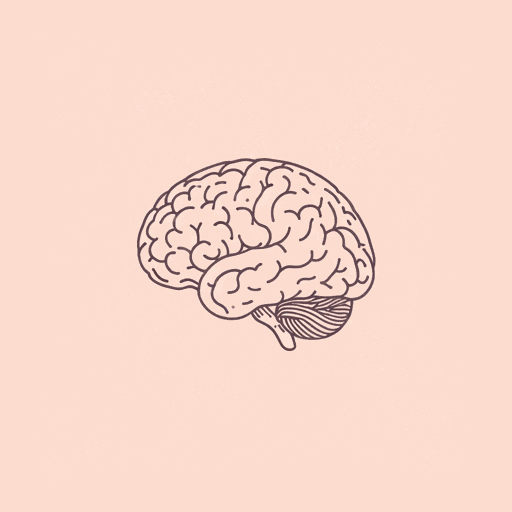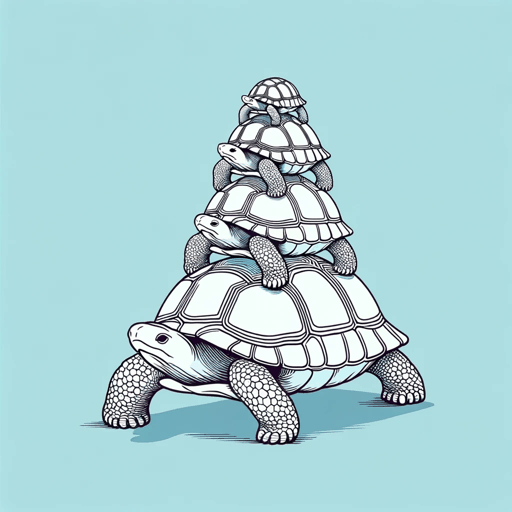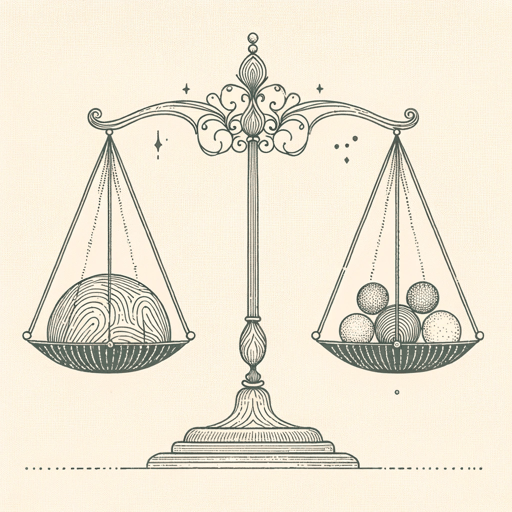92 pages • 3 hours read
Robert M. SapolskyBehave: The Biology of Humans at Our Best and Worst
Nonfiction | Book | Adult | Published in 2017A modern alternative to SparkNotes and CliffsNotes, SuperSummary offers high-quality Study Guides with detailed chapter summaries and analysis of major themes, characters, and more.
Important Quotes
“The fantasy always runs like this: a team of us as fought our way into his secret bunker. OK, it’s a fantasy, let’s go whole hog. I’ve single-handedly neutralized his elite guard and burst into his bunker, my Browning machine gun at the ready. He lunges for his Luger; I knock it out of his hand. He lunges for the cyanide pill he keeps to commit suicide rather than be captured. I knock that out of his hand as well. He snarls in rage, attacks with otherworldly strength. We grapple; I manage to gain the upper hand and pin him down and handcuff him. ‘Adolf Hitler,’ I announce, ‘I arrest you for crimes against humanity.’ And this is where the medal-of-honor version of the fantasy ends and the imagery darkens.”
(Introduction, Page 5)
A startling paragraph to begin a popular science book, Sapolsky’s description of his fantasy of capturing Hitler serves to illustrate several crucial aspects of his book. First, humans are capable of both incredible heroism (capturing Hitler) and atrocity (Hitler himself). Second, we are capable of complex mental processes that go into formulating, adjudicating, and assigning value to such events, which are always context and not behavior-based (we deem Hitler’s murder reprehensible, but murdering Hitler commendable). Our group affiliations structure these value judgements (Nazis would find it morally commendable to torture Sapolsky, Jews to torture Hitler).
“Here are some words of central importance to this book: aggression, violence, compassion, empathy, sympathy, competition, cooperation, altruism, envy, schadenfreude, spite, forgiveness, reconciliation, revenge, reciprocity […] flinging us into definition of quagmires. Why the difficulty? […] One reason is that so many of these terms are the subject of ideological battles over the appropriation and distortion of their meanings […] These terms mean different things to scientists living inside different disciplines.”
(Chapter 1, Pages 15-16)
Working categorically in science provides concision and comprehensibility, which is necessary to the correlative nature of the scientific process. However, this process does little to offer us modes of deciphering the real-world complexity of emotion and behavior. Definition only provides categories. A holistic approach that goes beyond any one discipline is necessary, and the project of this book.
“The opposite of love is not hate; its opposite is indifference.”
(Chapter 1, Page 19)
These words are Freud’s, reiterated by the Nobel laureate and Holocaust survivor Elie Wiesel. It illustrates a point that Sapolsky will reiterate again and again throughout this book, which is that biologically a behavior we deem morally laudable and morally reprehensible can be identical: our sympathetic nervous system may activate, stimulating an aggressive response to kill our spouse or protect them from an attack.
Related Titles
By Robert M. Sapolsky




